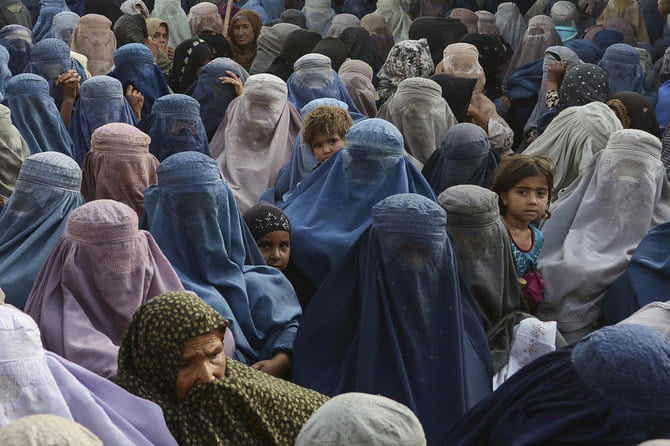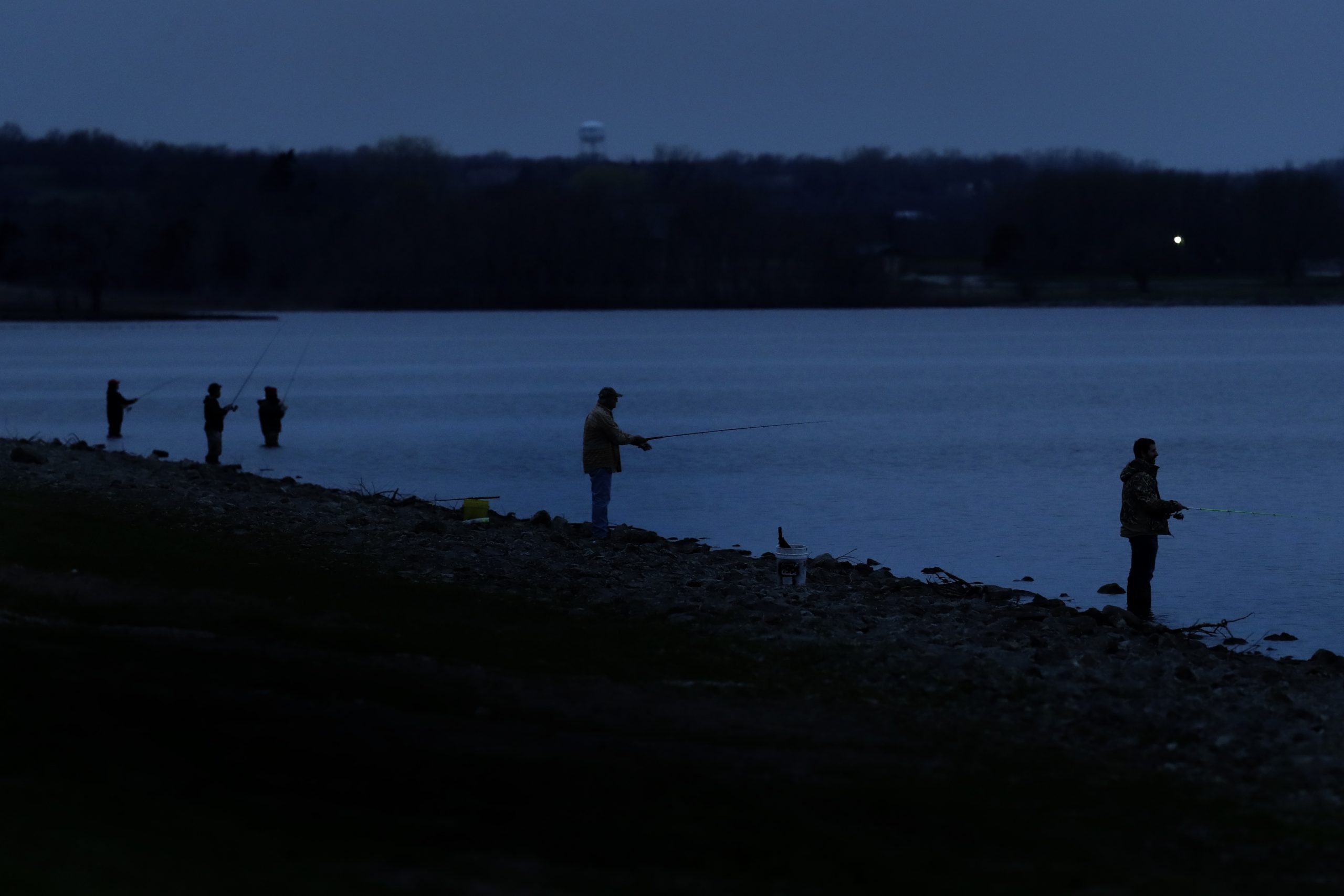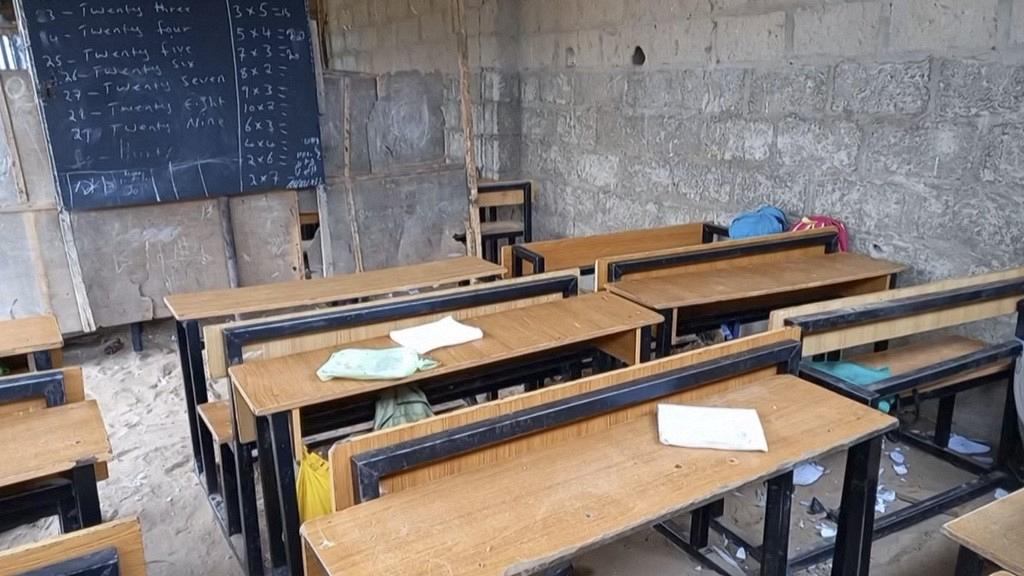The Taliban on Saturday imposed one of the harshest restrictions on Afghanistan’s women since seizing power
The militants took back control of the country in August last year, promising a softer rule than their last stint in power between 1996 and 2001, which was dominated by human rights abuses.
But they have already imposed a slew of restrictions on women — banning them from many government jobs, secondary education, and from travelling alone outside their cities or Afghanistan.
On Saturday, Afghanistan’s supreme leader and Taliban chief Hibatullah Akhundzada announced a strict dress code for women when they are in public.
“They should wear a chadori (head-to-toe burqa) as it is traditional and respectful,” said a decree in his name released by Taliban authorities at a ceremony in Kabul.
“Those women who are not too old or young must cover their face, except the eyes, as per sharia directives, in order to avoid provocation when meeting men who are not mahram (adult close male relatives),” it said.
The order was expected to spark a flurry of condemnation abroad. Many in the international community want humanitarian aid for Afghanistan and recognition of the Taliban government to be linked to the restoration of women’s rights.
Akhundzada’s decree also said that if women had no important work outside it was “better they stay at home”.
During their first regime, the Taliban had made the burqa compulsory for women.
Since their return to power, their feared Ministry for Promotion of Virtue and Prevention of Vice has issued several “guidelines” on what women should wear but Saturday’s edict was the first such national order.
The hardline Islamists triggered an international outrage in March when they ordered secondary schools for girls to shut, just hours after reopening for the first time since they seized power.
Officials have never justified the ban, apart from saying the education of girls must be according to “Islamic principles”.
That ban was also issued by Akhundzada, according to several Taliban officials.
Women have also been ordered to visit parks in the capital on separate days from men.
Some Afghan women initially pushed back strongly, holding small demonstrations and protests where they demanded the right to education and work.
But the Taliban cracked down on these unsanctioned rallies and rounded up several of the ringleaders, holding them incommunicado while denying they had been detained.
In the 20 years between the Taliban’s two reigns, girls were allowed to go to school and women were able to seek employment in all sectors, though the country remained socially conservative.
In a deeply conservative and patriarchal Afghanistan, many women already wear the burqa in rural areas.
AFP



